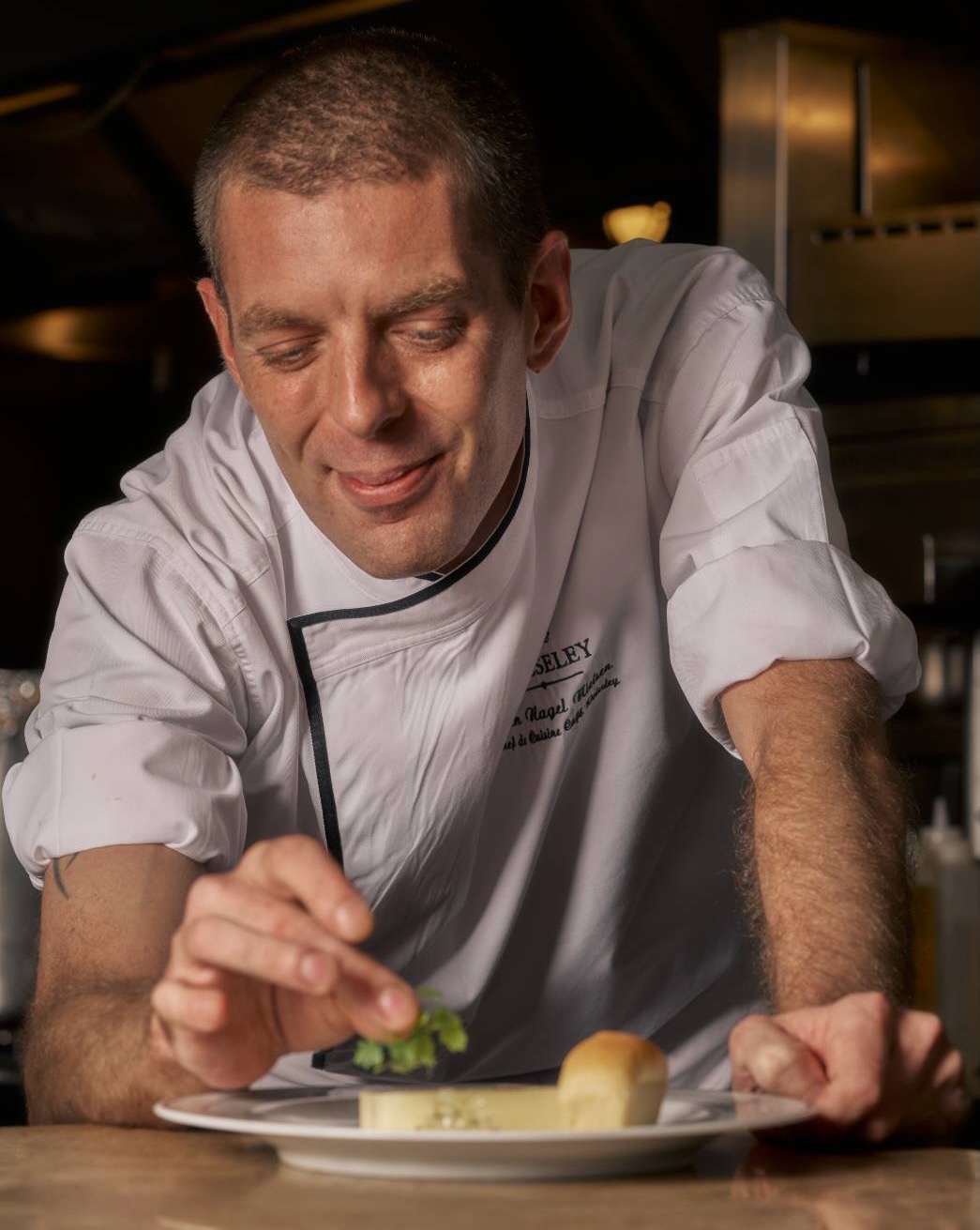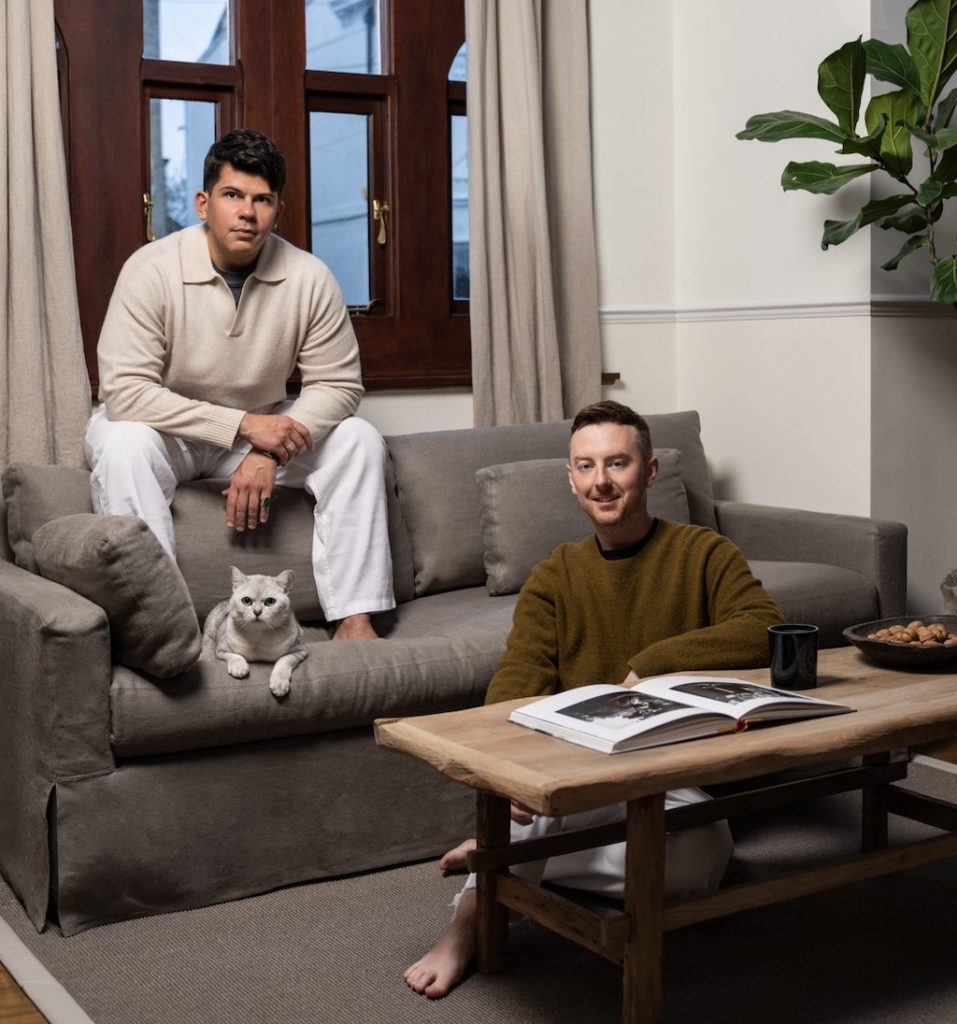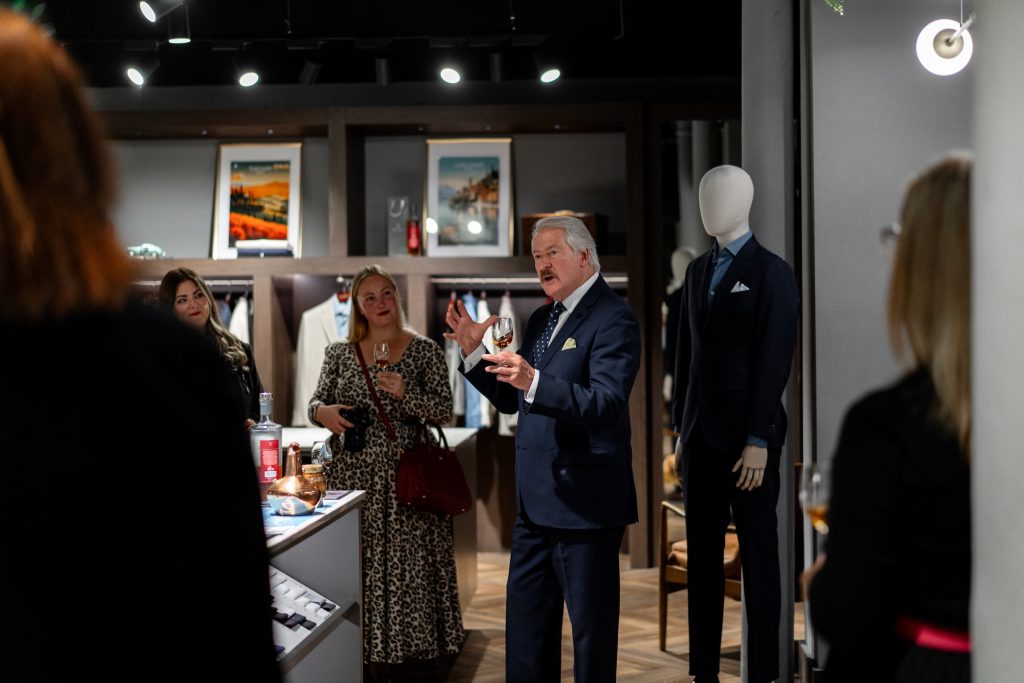Tucked away on Natai Beach in Phang Nga, just north of Phuket, Aleenta Phuket is a boutique beachfront resort known for its contemporary design, commitment to sustainability, and focus on wellness-led luxury. At the heart of its dining offering is SEASONS, a restaurant shaped by a strong connection to the land and sea, with menus desgied around what is fresh and locally available. During our recent stay we caught up with Head Chef Steen Nielsen to learn more about his global culinary background, how his Danish roots influence his cooking in Thailand, and the evolving vision for SEASONS at Aleenta.
Can you share a little about your culinary journey and what first drew you to the world of cooking?
My love for cooking goes all the way back to my childhood. I was raised by my grandmother from the age of five to twelve, living in a house surrounded by gardens and farms. I was always in the kitchen, helping her cook and bake. That’s really where it all started. By the time I was eleven, I knew I wanted to become a chef. I started washing dishes at thirteen, began my formal culinary education at fifteen, and was fully qualified by the time I was twenty. Cooking has always felt very natural to me, right from the start.
You trained in classic French cuisine in Copenhagen and have since worked in a range of very different kitchens around the world. How have these experiences shaped your approach to food today?
Training in Copenhagen gave me a strong foundation in classic French and European cooking. In Denmark, and across much of Northern Europe, the mentality is very much about simplicity, working with what’s in season, and respecting the ingredients. It’s about doing things properly, without unnecessary complication. Over the years, I’ve worked in many different types of kitchens, from small à la carte restaurants to large banquet venues, including the Royal Danish Opera House, where we catered for up to 1,500 guests. Each of these experiences taught me something different and shaped how I approach cooking today.
Before joining Aleenta Phuket, you worked at Mandarin Oriental in Doha and spent time living in Thailand previously. What was it that attracted you back to Thailand and specifically to Aleenta?
It’s the people. Thailand has always held a special place for me. I lived in Bangkok previously, but I’m not really a big city person. Bangkok is a fantastic city, but I prefer somewhere calmer, with a slower pace of life. Phuket offers that balance. It’s peaceful, but still has plenty going on. Aleenta’s philosophy around sustainability, local produce, and creating something authentic really resonated with me. It felt like the right opportunity at the right time.
SEASONS restaurant offers a plant-based and locally inspired menu. What excites you most about working with plant-based cuisine?
While SEASONS has plant-based elements, it’s really about focusing on local, seasonal and sustainable sourcing. That’s what excites me. When I first arrived, the menu was divided into Eastern and Western sections, but I felt we could create something more unified and connected to what’s available here. For example, Phang Nga has a chestnut season, so when chestnuts are in season, they become part of the menu. Working this way keeps things fresh, creative and closely tied to the environment around us.
Can you tell us about how you develop the seasonal tasting menus at SEASONS and how you adapt them around Thailand’s changing seasons and available produce?
It starts with building strong relationships with local farmers and suppliers. Many of them reach out directly and from there, we establish long-term partnerships. Having direct contact allows me to get the freshest possible produce and also discover ingredients I may not have used before. For example, I’ve sourced beautiful fresh vanilla pods locally, which isn’t something you often find here. As the seasons change, the menu evolves. It’s an ongoing conversation between the kitchen and the environment.
You’ve worked in many different cultural settings. How do you bring your Danish culinary background into harmony with Thai ingredients and traditions?
For me, it’s all about respect. In Denmark, we’re taught to respect every part of the ingredient. If you take an animal’s life, you should use every part of it. The same goes for vegetables. Rather than throwing away trimmings, I preserve, ferment or pickle them. Over time, these preserved ingredients create layers of flavour that add depth and complexity to the dishes. Preserving, fermenting, pickling and curing have always fascinated me. Even now, opening a jar that’s been fermenting for months is still exciting. It’s a connection back to my roots and allows me to bring a bit of my Danish heritage into the kitchen here.
Sustainability is an important aspect in luxury hospitality. How do you see the role of chefs evolving when it comes to sustainability and responsible sourcing?
Chefs have a responsibility to lead by example. It’s not just about how we cook but how we buy, how we plan, how we minimise waste and how we support local communities. Sustainability should be embedded in every part of the process. For me, creativity is not just about inventing new flavour combinations. It’s also about finding ways to use every part of an ingredient and making sure nothing goes to waste.
As a chef, what inspires you outside of the kitchen? Are there particular places, flavours or experiences that influence your cooking today?
Much of my inspiration still comes from my early years in Denmark. Growing up, we had long winters, so we preserved and fermented food to get through the seasons. That tradition has stayed with me and still influences how I approach cooking today. I enjoy being resourceful, using what’s available and letting the ingredients develop over time through preservation.
What do you hope guests take away from a dining experience at SEASONS?
I hope they experience something genuine. I want the food to feel honest, with flavours that surprise and satisfy, but still feel approachable. My aim is for guests to leave feeling like they’ve had a memorable meal that reflects where they are and what’s available locally, rather than something overcomplicated.
What does luxury mean to you?
For me, luxury is space and freedom. I’ve worked in very high-end, ultra-luxury hotels, but personally, I don’t enjoy too much attention or formality. True luxury is when guests feel relaxed and comfortable. It’s about recognising what each guest needs and adjusting the service accordingly. If I see a guest a second time and I’ve remembered their preferences, that personal attention is, for me, real luxury. It should feel natural, not forced.
Finally, what is your life motto?
You have to be happy. If you’re not happy, you can’t cook good food. I always say this to my chefs. If you’re angry or frustrated, it shows in the food. Cooking needs to come from a place of love and joy. Only then can you create dishes that people connect with.




